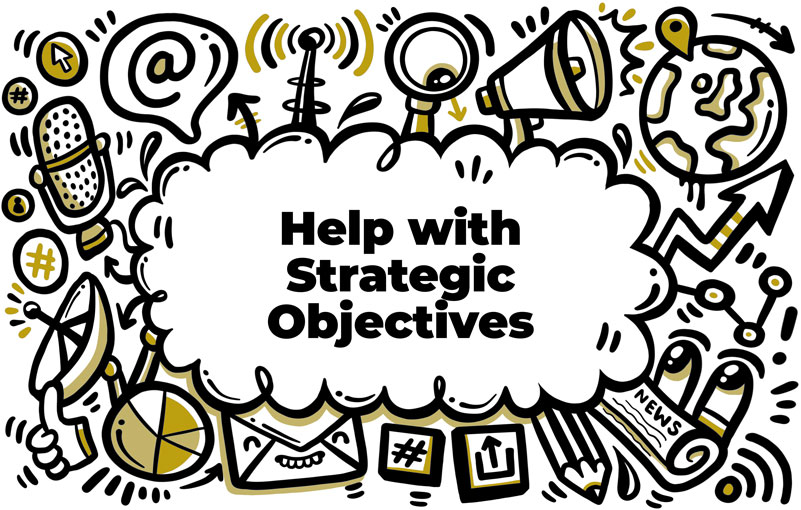Running a WordPress website is an excellent choice for businesses with an online presence. However, its widespread use has become a popular target for hackers and cybercriminals. As a website owner, ensuring your site’s security is crucial to protect your business and valuable data. In this article, we’ll provide tips on securing your WordPress website and keeping your business and data safe.
Keep Your WordPress, Themes, and Plugins Updated
One of the simplest and most effective ways to maintain a secure WordPress website is by keeping it up to date. Ensure that you always run the latest version of WordPress and your themes and plugins. These updates usually come with security patches that fix vulnerabilities and bugs, making your site less prone to attacks.
Use a Reputable Web Hosting Provider
Your web host plays a significant role in your site’s security. Opt for a reputable hosting provider that offers advanced security measures, such as malware scanning, firewalls, and regular backups. Additionally, ensure that your hosting provider uses the latest server software and provides support for secure protocols like Secure Socket Layer (SSL) and Secure File Transfer Protocol (SFTP).
Implement Strong Passwords and Two-Factor Authentication
Weak passwords are one of the primary reasons for website security breaches. Ensure you and your users create strong passwords combining uppercase and lowercase letters, numbers, and special characters. Furthermore, implementing two-factor authentication (2FA) adds an extra layer of security, requiring users to verify their identity with a second factor, like a mobile device or an authentication app.
Limit User Access and Monitor Activity
Only grant access to your WordPress website to essential personnel, and ensure each user has the appropriate permissions for their role. Regularly review user accounts and remove those that are no longer necessary. Additionally, monitor activity on your website to detect unusual patterns or unauthorized access attempts.
Implement Regular Backups
Regularly backing up your WordPress website is a critical security measure. In case of a security breach or data loss, having a recent backup will allow you to restore your site quickly and minimize downtime. Choose a reliable backup solution and store your backups in a secure, off-site location.
Install a Security Plugin
WordPress security plugins can significantly enhance your site’s protection by providing features like malware scanning, firewall protection, login attempt limitations, and more. Some popular security plugins include Wordfence, Sucuri, and iThemes Security. Research and select the best security plugin that suits your website’s needs and requirements.
Enable SSL Certificates
Secure Socket Layer (SSL) certificates encrypt the data transmitted between your website and its visitors, preventing unauthorized access to sensitive information. By enabling SSL on your website, you improve security and boost your site’s credibility and search engine rankings. Most web hosting providers offer SSL certificates as part of their hosting packages.
Regularly Scan for Malware and Vulnerabilities
Conduct regular scans of your website for malware and other security vulnerabilities. Staying proactive with scanning will reduce the chances of your website being compromised. Many security plugins offer this feature, which helps you detect and remove any malicious code or files before they cause damage.
Be Cautious with User-Generated Content
If your WordPress website allows user-generated content, such as comments or forum posts, take extra precautions to avoid spam and potential security risks. Implement measures like captchas and content moderation to minimize spam and ensure your site’s and its users’ safety.
By following these tips, you can significantly improve the security of your WordPress website and protect your business and data. Maintaining a secure website is an ongoing process, and staying informed about the latest security threats and best practices is essential.



